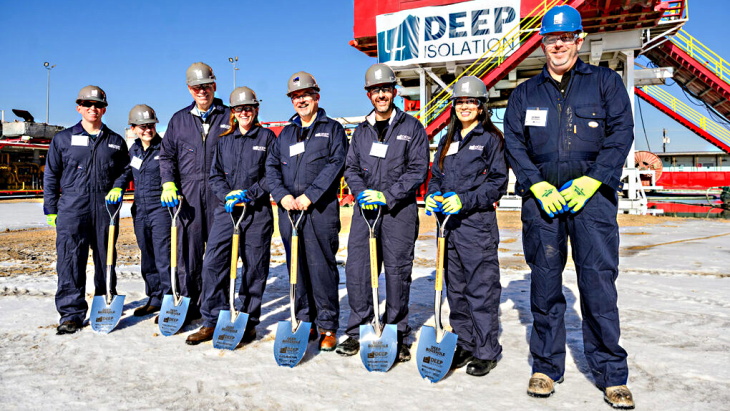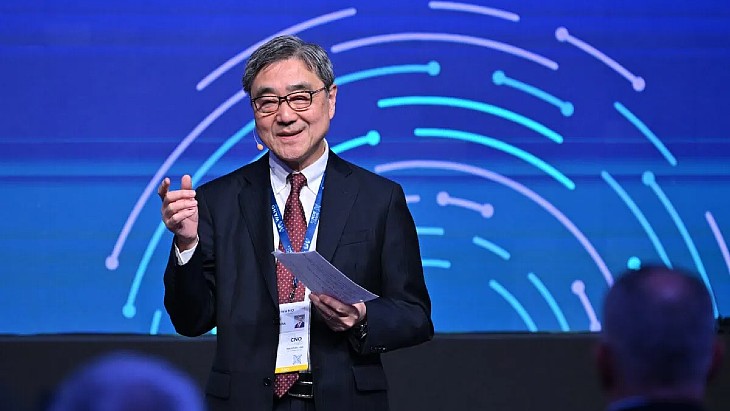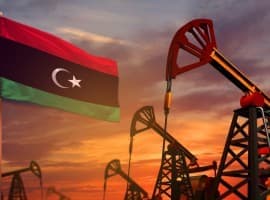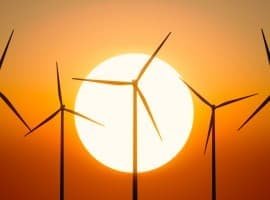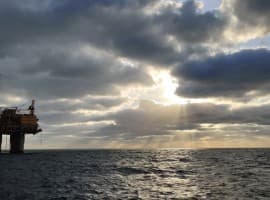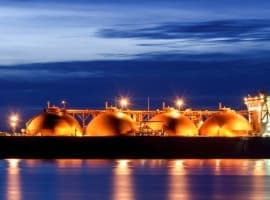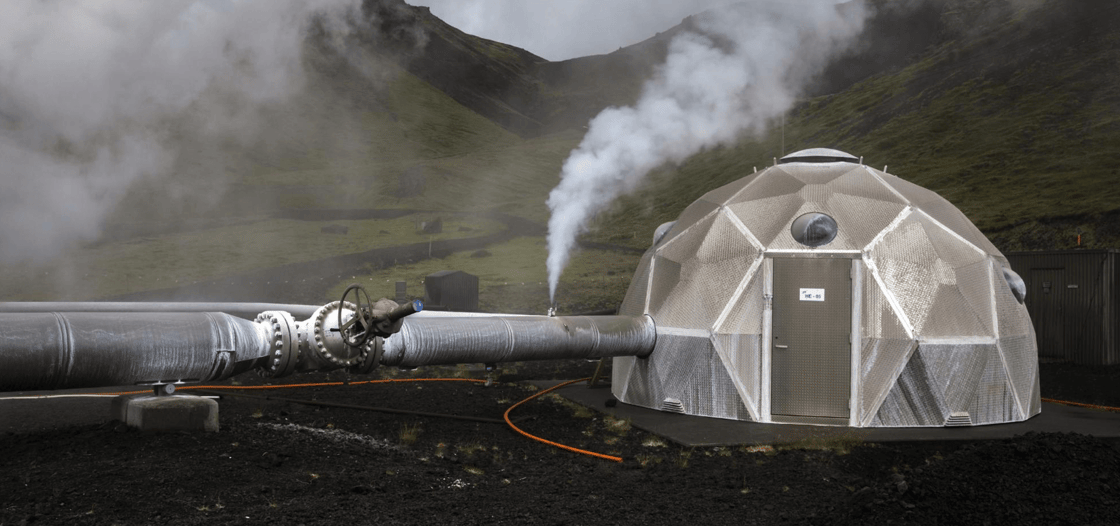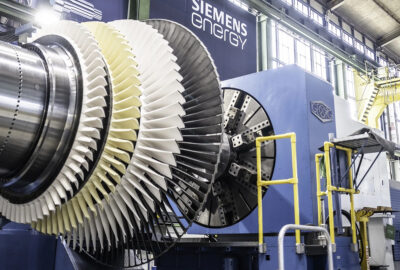Monday, 25 November 2024
_48599.jpg)
International Atomic Energy Agency (IAEA) Director General Rafael Mariano Grossi told the Board on 20 November that during his visit to Tehran earlier in the month Iran had signalled a willingness to consider halting the expansion of its stockpile of uranium enriched up to 60% uranium-235: uranium enriched to more than 20% can be thought of as military levels of enrichment, although enrichments of around 90% are more usually thought of as weapons grade.
Iran’s Ministry of Foreign Affairs and the Atomic Energy Organization of Iran (AEOI), , said: “In the final hours of the IAEA Board of Governors meeting on 21 November 2024, a non-consensus resolution regarding Iran’s peaceful nuclear programme was adopted under the pressure and insistence of three European countries and the United States, despite lacking the support of approximately half of the Member States.”
On 21 November, France, Germany and the UK (together known as the E3) to the Board of Governors on Iran’s implementation of its nuclear commitments under the JCPOA, a multilateral agreement from 2015 under which under Iran had agreed to limit its nuclear activities including uranium enrichment and allow in international inspectors. In it, the E3 said Iran’s overall stockpile of enriched uranium was now “over 32 times the limit” it had committed to in the JCPOA. The E3 described Iran’s “choices and decisions regarding its nuclear activities” as the source of a “long-standing proliferation crisis”, a situation they said Iran had escalated “by further departing from its JCPOA commitments”.
Iran had welcomed Director General Rafael Mariano Grossi’s recent visit to Tehran, “ensuring all necessary preparations to foster constructive engagement and the success of the visit”, in line with its policy “to engage constructively” with the agency within the framework of rights and obligations enshrined in the Treaty on the Non-Proliferation of nuclear weapons (NPT) and the Comprehensive Safeguards Agreement, the Iranian statement said. High-level meetings and discussions during the visit “provided a strong foundation for furthering constructive interactions between Iran and the IAEA”.
The Iranian statement described the E3’s actions as “both confrontational and unjustifiable”.
“Rather than fostering the constructive atmosphere established during the Director General’s visit, they prematurely proposed a politically-motivated resolution against Iran, disregarding the promising trajectory of Iran-IAEA cooperation,” it said.
“In alignment with this position, the President of the Atomic Energy Organization of Iran has issued directives to initiate the operation of a substantial number of advanced centrifuges of various models,” the statement said, adding that these measures are “within the framework of Iran’s rights and obligations under the Comprehensive Safeguards Agreement”.
“Notwithstanding this firm response, Iran reaffirms that its technical and safeguards-related cooperation with the IAEA will continue as before, strictly in accordance with the Safeguards Agreement,” the Iranian statement said, adding that “the Islamic Republic of Iran reiterates its readiness to engage constructively with all relevant stakeholders based on international legal principles and norms. Iran remains steadfast in its commitment to uphold the rights and interests of its great nation while resolutely advancing its peaceful and indigenous nuclear programme”.


